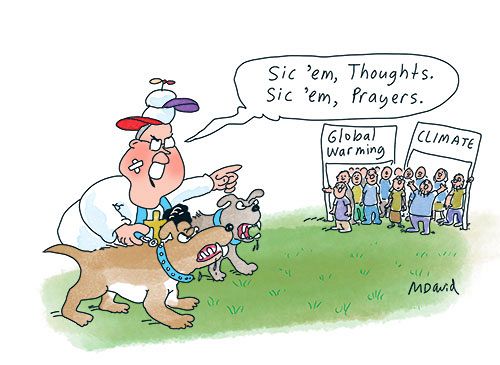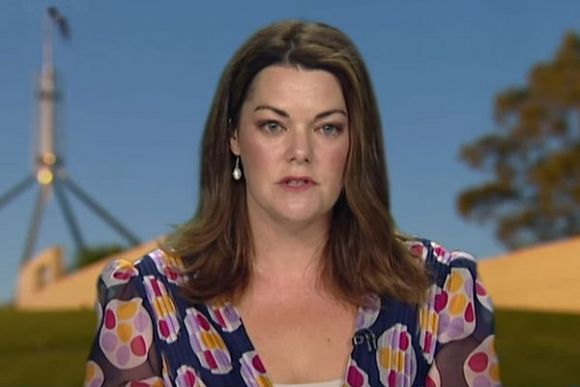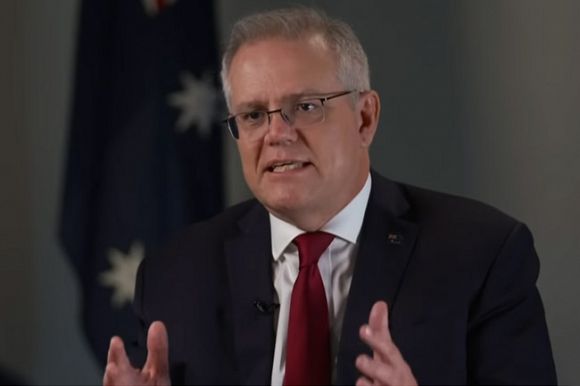Much of the media’s focus has been on the Independent candidates, but the Greens is likely to be the real winner when the counting’s done, writes Edward Eastwood.
IT WOULD BE FAIR to say that for the past six years, the Greens, fueled by factional in-fighting, languished in the polls and descended into the murky depths of identity politics that eventually cost them a senate seat in 2016 and failed to reclaim them any ground in the 2019 Election.
The general perception peddled by the mainstream media was that the Greens was strictly the preserve of inner-city latte sippers and never able to rise above a minority party with little mainstream relevance.
That was in 2019 before the bushfires, before the pandemic and before the recent floods. That was then, this is now. And the changes both inside and outside of the Party have been enormous.
Under Adam Bandt’s leadership, the Greens has returned to focus on the central plank of the Party’s raison d’être — climate change and the very real threat of global extinction.
Bandt, who served as co-deputy leader from 2012 to 2015, radiates both a sense of confidence and a quiet urgency in tackling the task at hand — the Greens holding the balance of power in both houses, phasing out the coal and gas industries, including dental and mental health as part of Medicare, cancelling student debt and providing affordable housing.
Timing is always critical in politics, never more so during election campaigns and Bandt is well aware of the shift in the mood of the electorate. The bushfires, the lockdowns and deaths due to the pandemic and the recent floods in Queensland and New South Wales have forcefully driven home the effects of climate change and the need for swift action through government policy, and the electorate stands ready to listen.
Bandt also realises that rarely is the time so fortuitous for a minor party to become a major force. The Government and especially its leader are unelectable following Morrison’s disgraceful performance at COP26 in October 2021 and the central plank of the Party’s policies – addressing climate change – is at the forefront of voter concern.
At the National Press Club Leaders 2022 Election Address, Bandt appeared cool and unflappable. His patient dismissal of Julie Hare’s absurd claim that free education would come at the expense of lower-income earners was followed by his “Google it, mate” response which earned him a round of applause from the audience and went viral on the internet.
Bandt is supremely confident of the Greens holding the balance of power in the Senate following the Election, matched by a quiet confidence of a good result in the 11 seats – five L-NP, five Labor and one One Nation – in the Lower House that the Greens has targeted for 2022.
It’s unlikely that you would find many climate change denialists in Lismore or Nelligen and the fact that the teal Independents, targeting crucial L-NP and Labor seats, all have climate change as the central plank of their policies gives weight to Bandt’s claim that the Greens will be the most powerful third party in Australian politics when the results of the Election are announced.
Significantly, save for Treasurer Josh Frydenberg’s seat of Kooyong, none of the other seats contested by the teal Independents is also being contested by Greens candidates, giving Bandt and the Greens a strategic advantage of having allies covering their flank and providing extra incentive for the electorate the choice to vote either green or teal and oust the Government.
Bandt’s message that domestically, the Greens would push for dental and mental health care as part of Medicare has resonated strongly among voters as has the pledge to make housing more affordable and cancel student debt.
Less noticeable but just as important was Bandt’s promise to pressure whichever party is elected toward adapting a far more practical and far more urgent need to approach foreign policy. Especially in the Asia-Pacific region through multi-lateral agreements, discarding the bilateral system implemented by the Howard Government since 1996 has effectively kept Australia in lock-step with United States foreign policy and places a stumbling block toward an intelligent approach to future relations with China.
Poll results are mixed, varying from a boost of 3% from 10-13% of the primary vote to the most recent YouGov poll which indicates only marginal gains. This, however, should be seen in context. The Greens is not attempting to govern in its own right but to hold the balance of power in both houses through the crossbench.
Moreover, as argued above, the timing is right. Voter dissatisfaction is at an all-time high with fewer than 41% of voters satisfied with the way democracy works in Australia and that there is little choice between Labor or the L-NP.
The combination of Bandt’s leadership, the Government’s ineptitude and the electorate’s apathy have made the Greens the dark horse among the contenders in the 2022 Election.
When the results are finally all counted, it’s more than likely that they will have achieved their goal of holding the balance of power in both houses.
Edward Eastwood is a semi-retired know-all who worked as an arborist, funeral director's assistant, radio announcer and university lecturer.
Related Articles
 This work is licensed under a Creative Commons Attribution-NonCommercial-NoDerivs 3.0 Australia License
This work is licensed under a Creative Commons Attribution-NonCommercial-NoDerivs 3.0 Australia License
Support independent journalism Subscribe to IA.













